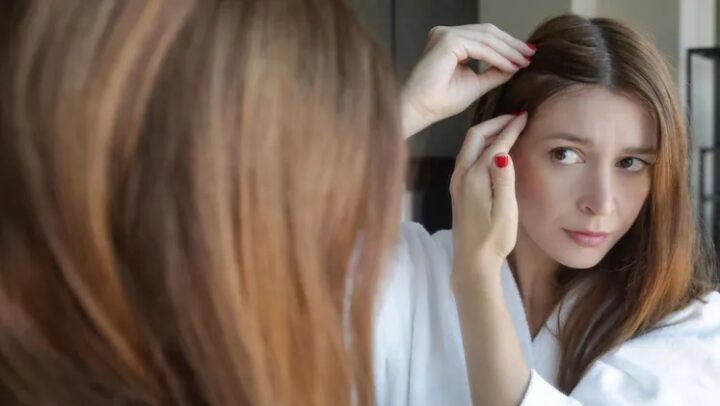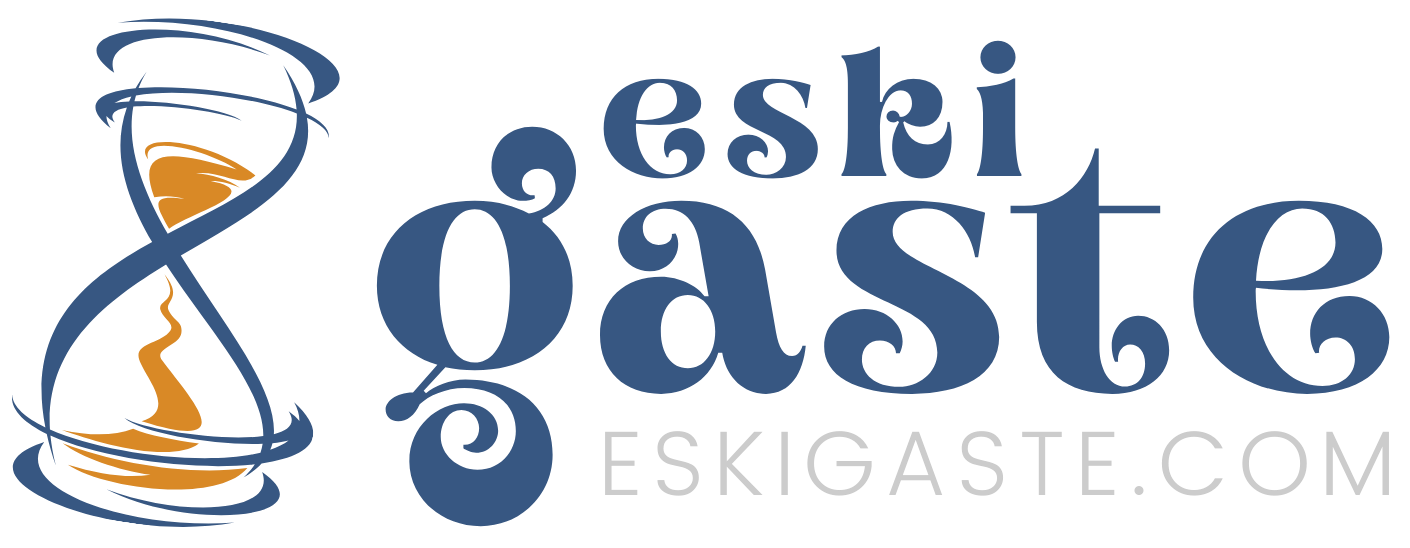
Why many women experience hair loss after pregnancy
While the hair usually looks fuller, shinier and healthier during pregnancy, there is often increased hair loss after the birth of the child. The changed hormone situation plays an important role here, but other factors can also be behind it.
In the weeks after giving birth, women often find a lot of hair in the brush. Usually this is not a cause for concern. This is mainly due to the estrogen level, which drops after childbirth but levels off again over time. But iron deficiency can also be the cause of thinning hair. If the mineral deficiency is not treated early, hair loss can become permanent. When women should pay attention.
Pregnancy makes beautiful hair
In most cases, pregnancy has a positive effect on the head of hair: the hair appears fuller, stronger and shinier. And there is a reason for that: “From the eighth week of pregnancy, the body produces more estrogen,” says Vivian Fassbender, a trained midwife and expert in the telemedical online consultation of Kinderheldin. “Estrogen ensures that the life phase of the hair is extended and the hair grows faster. At the same time, the blood flow to the scalp is increased, which improves the supply of nutrients to the hair roots.”
According to the expert, hair loss during pregnancy is rare and an indication of iron deficiency – a common cause of hair loss in women. “As part of the first check-up around the fifth week of pregnancy, the iron level is checked. However, it is quite possible that an iron deficiency develops during the course of the pregnancy,” says Fassbender. “Pregnant women should therefore have their blood values checked if they suddenly notice symptoms such as severe tiredness, hair loss, dizziness or pale skin during pregnancy, which may be due to iron deficiency.”
Healthy nutrition protects child and hair
A balanced diet is important so that the unborn child and the mother’s body are adequately supplied with important vitamins, minerals and trace elements. In addition to iron, the body needs a good supply of magnesium, folic acid, zinc and vitamin B12, for example. A healthy diet with fresh vegetables, fruit, salads, whole grain products, dairy products and fish and sometimes a piece of meat usually prevents a deficiency.
“It’s good when pregnant women listen to their ‘cravings’. Sudden appetite for meat can be due to the increased need for iron. The need for iron increases, especially from the 20th week of pregnancy. Cravings for dark chocolate may be related to the increased need for magnesium connection. The body is hungry for the nutrients it needs,” says the midwife.
Taking Iron Supplements During Pregnancy?
If certain nutrients cannot be ingested in sufficient quantities through food, it may be necessary to supplement the diet with supplements. The German Society for Nutrition e. V. (DGE) recommends a daily iron intake of 30 milligrams for pregnant women. Breastfeeding women should take 20 milligrams per day. In comparison: According to the DGE, adult women need ten milligrams of iron per day. Pregnant women should always coordinate the intake of dietary supplements and the appropriate dosage with the doctor treating them. This also applies to vitamin B12 supplementation for women who eat vegan.
Hair loss after childbirth: why does hair fall out after pregnancy?
After giving birth, many women notice that they lose more hair. This is not uncommon: estrogen levels drop back to normal levels. If the additional “hair booster” estrogen is missing, the life cycle of the hair normalizes again. The hair, which has remained longer due to hormones, is now falling out. Hair growth also slows down again.
“After six to nine months, the hormone level usually regulates itself again and the hair usually grows back as usual,” says Fassbender. “It is important that women also pay attention to a balanced diet when breastfeeding. The need for vitamins, minerals, trace elements, but also macronutrients is still increased. Breastfeeding women need about 500 kilocalories more a day. If the hair loss is not regulated, a blood test is recommended.”
Lack of sleep, stress and hair
Not only that the body needs time to regulate the hormone balance again. Lack of sleep and stress after childbirth also affect the hair and can promote hair loss. “Stress hormones can change cell growth and thus weaken the hair roots,” says the expert. “Here, too, hair growth can be supported with a balanced diet. For an extra portion of vitamins, for example, you can drink a smoothie every day. The vitamin C it contains also supports iron absorption.”
Categories: General
